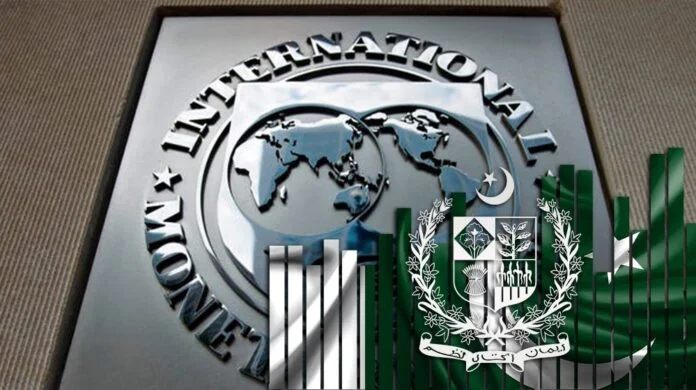Islamabad, Mar 28, 2025: Pakistan is set to receive $2.3 billion from the International Monetary Fund (IMF) under the Extended Fund Facility (EFF). The Resilience and Sustainability Facility (RSF) following recent Staff-Level Agreements (SLA), IMF spokesperson Julie Kozack confirmed.
IMF’s Approval and Fund Allocation
During a scheduled press briefing on Thursday, Kozack stated that the IMF Executive Board had approved a $7 billion, 37-month Extended Fund Facility (EFF) for Pakistan on September 25, 2024.
Recently, the IMF concluded its first review of the program, reaching a Staff-Level Agreement (SLA) on March 25, 2025.
READ MORE:
Meezan Bank and ICAP Partner to Establish Centre for Islamic Finance
Following this agreement, Pakistan will gain access to approximately $1 billion in disbursements under the EFF, pending final approval by the IMF Executive Board.
Additionally, the country will benefit from a new $1.3 billion allocation under the RSF, which will be provided in installments throughout the program’s 28-month duration.
Recent Developments in IMF-Pakistan Negotiations
On March 25, 2025, IMF staff reached an agreement with Pakistani authorities on the first review of the ongoing 37-month bailout program.
The deal includes a $1.3 billion climate resilience loan, which will help Pakistan address sustainability challenges while supporting its economic stability.
This funding arrangement was the result of extensive discussions between an IMF team, led by Nathan Porter.
Pakistani officials during a mission from February 24 to March 14, 2025, held in Karachi and Islamabad, followed by virtual consultations.
Previously, on July 12, 2024, Pakistan and the IMF had reached a staff-level agreement for a total funding package of SDR 5,320 million (approximately $7 billion), which was later endorsed by the IMF Executive Board in late September 2024.
Significance of IMF Assistance
Economic analysts view the IMF program as a critical support mechanism for Pakistan’s financial stability.
The ongoing loan disbursements not only strengthen the country’s foreign exchange reserves but also provide a structured roadmap for much-needed economic reforms.
